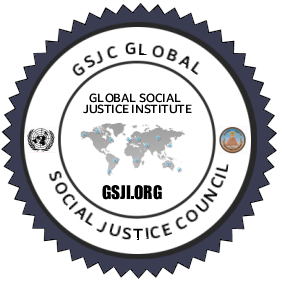|
c. Communications procedure for individual complaints
The communications procedure set out in the Optional Protocol to the ICCPR – article 22 (CAT) and article 14 (CERD)
– is conditional on the fol- lowing:
• the individual must first exhaust local remedies. In other words, the indi- vidual must have explored available
legal remedies in the State concerned including appeal to the highest court, unless:
• there is no legal process in that country to protect the rights alleged to have been violated;
• access to remedies through the local courts has been denied or pre- vented;
• there has been an unreasonable delay locally in hearing the complaint;
• a consistent pattern of gross violations of human rights makes any prospect of remedies meaningless;
• the remedies are unlikely to bring effective relief to the victim.
• the communication must not be anonymous or abusive;
• the communication must allege violations of rights as stipulated in the treaty which the committee oversees;
• the communication must come from an individual who lives under the jurisdiction of a State which is party
to the particular treaty;
• the communication must not be under current or past investigation in another international procedure;
• the allegations set out in the communication must be substantiated.
d. How to contact the committees
Five committees are serviced by the Office of the High Commissioner for Human Rights:
• the Committee on Economic, Social and Cultural Rights,
• the Human Rights Committee,
• the Committee against Torture,
• the Committee on the Elimination of All Forms of Racial Discrimination; and
• the Committee on the Rights of the Child.
| 
